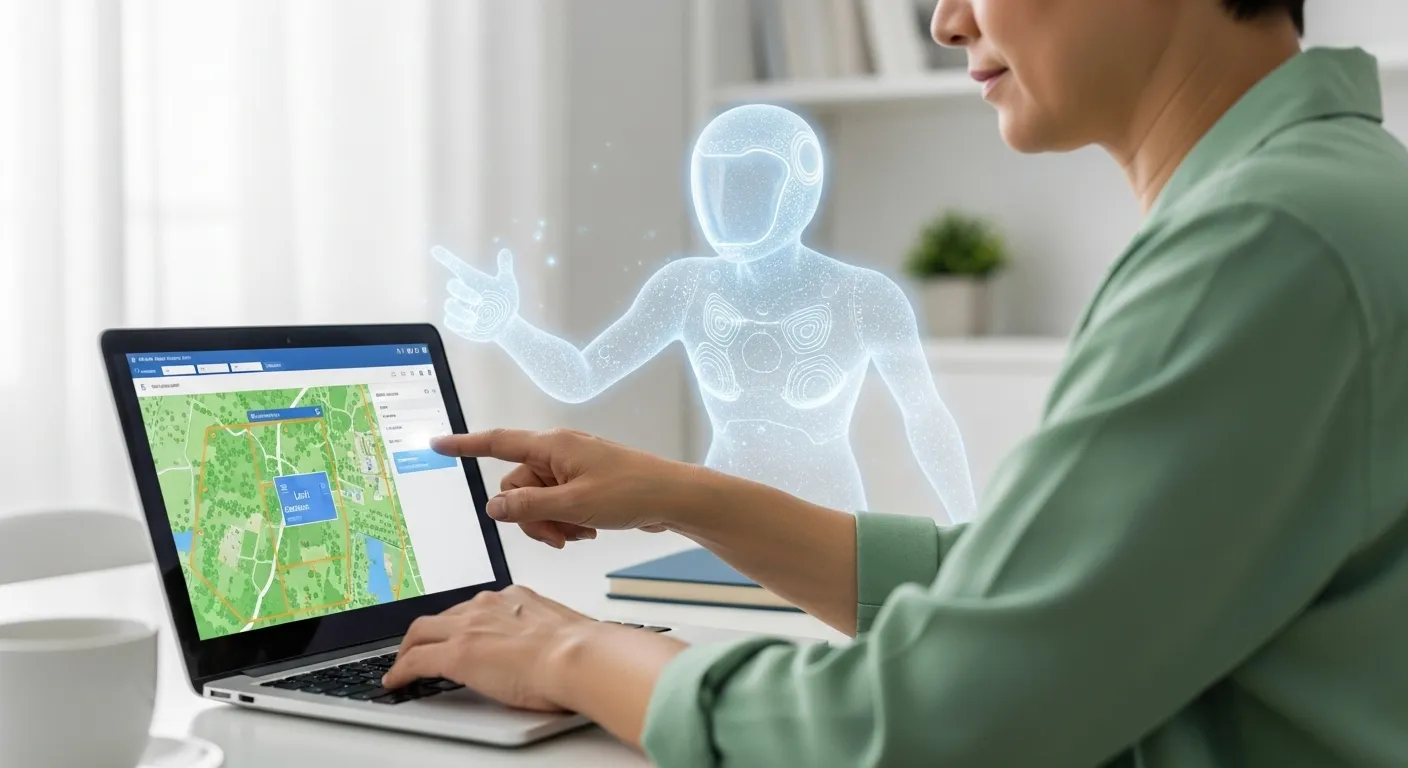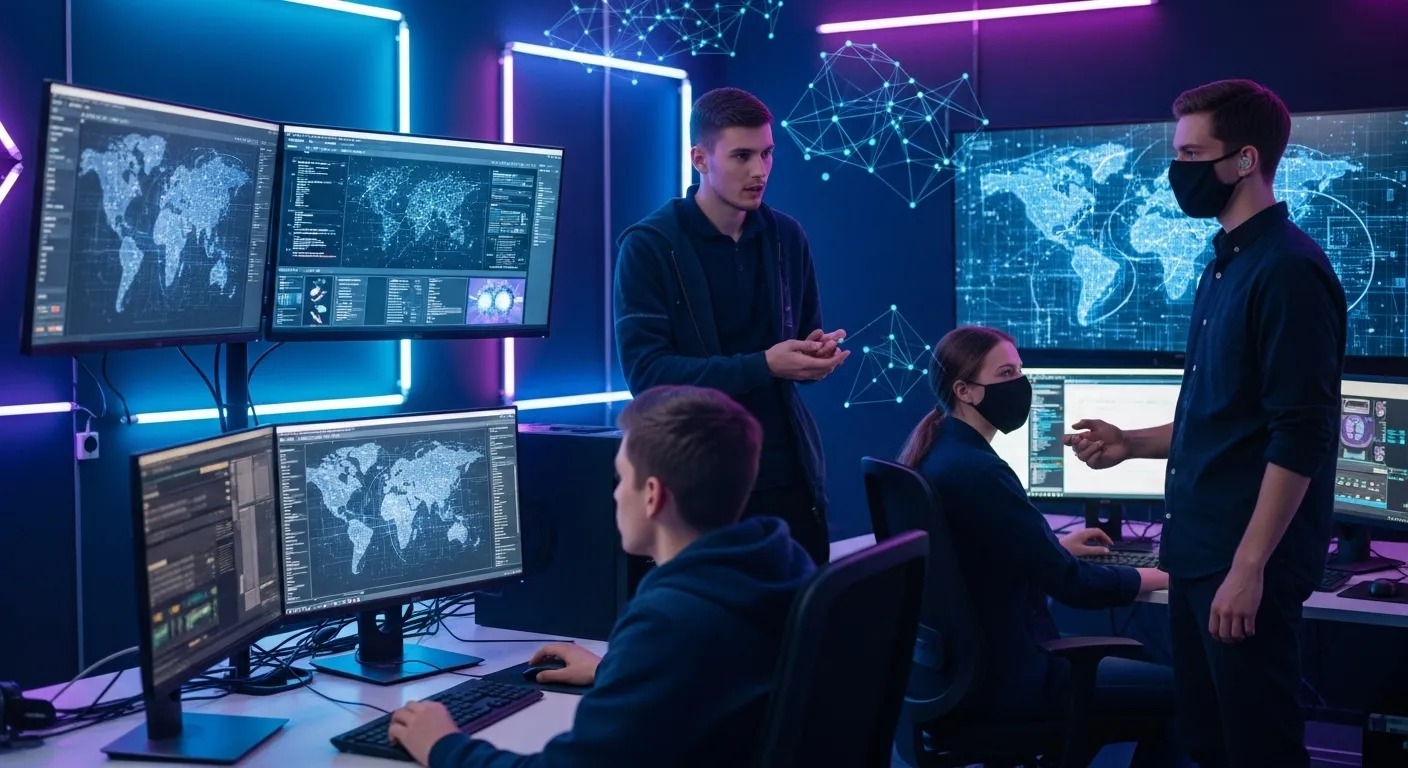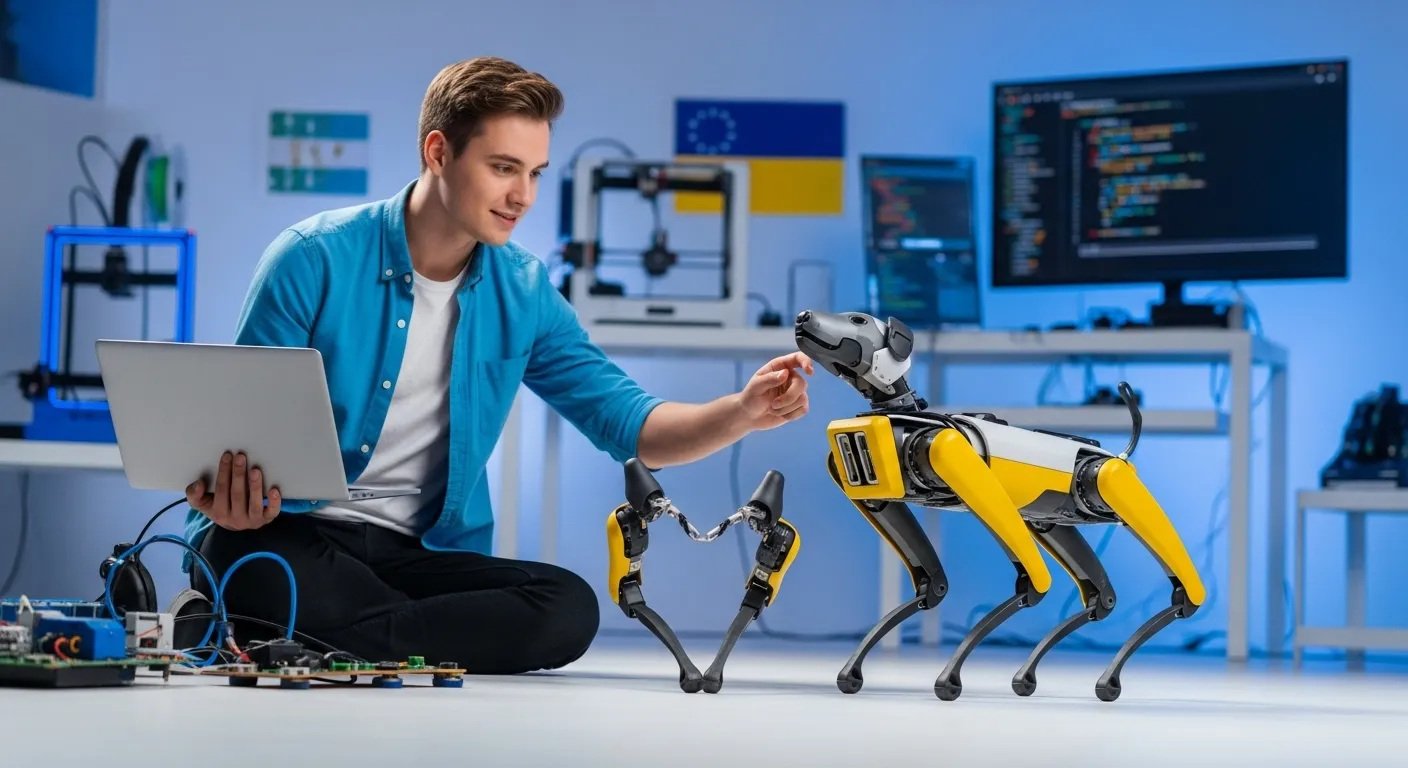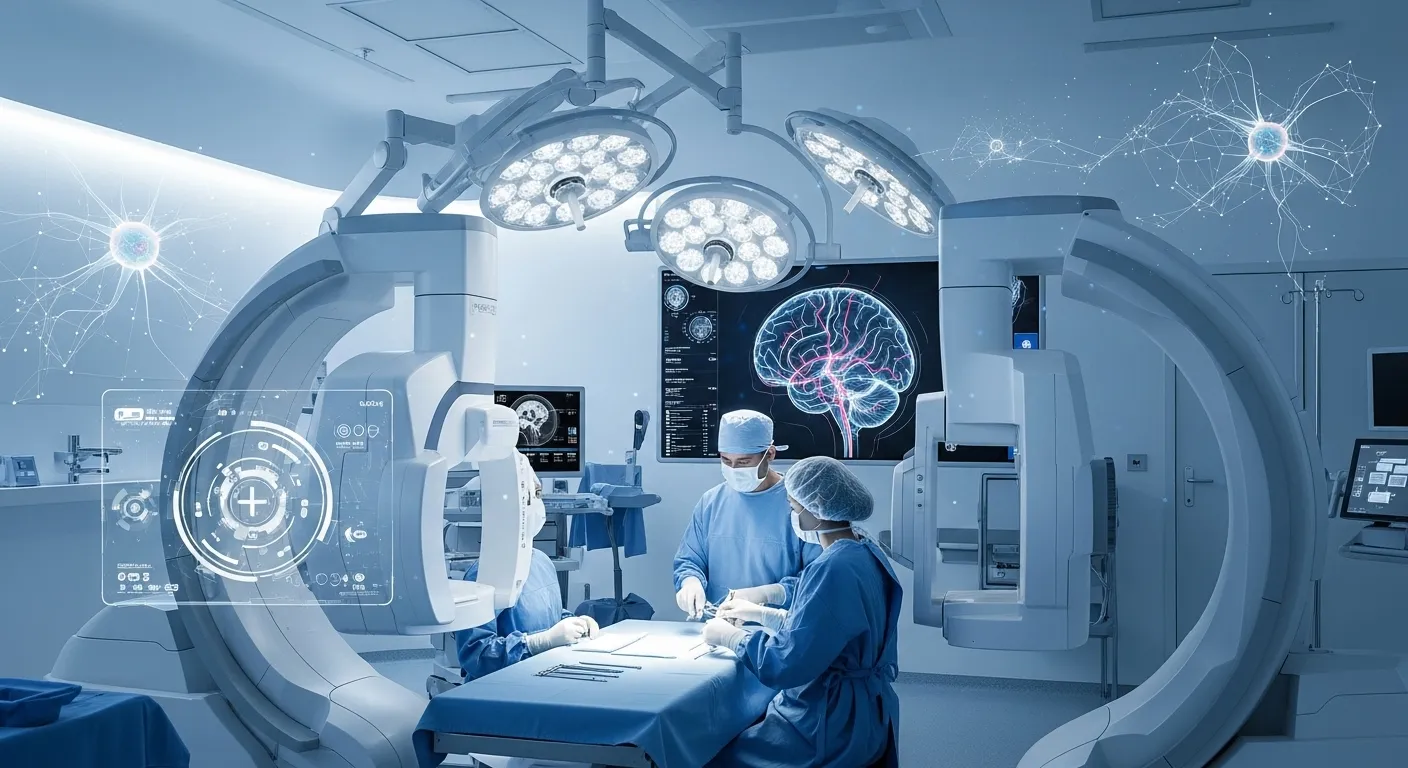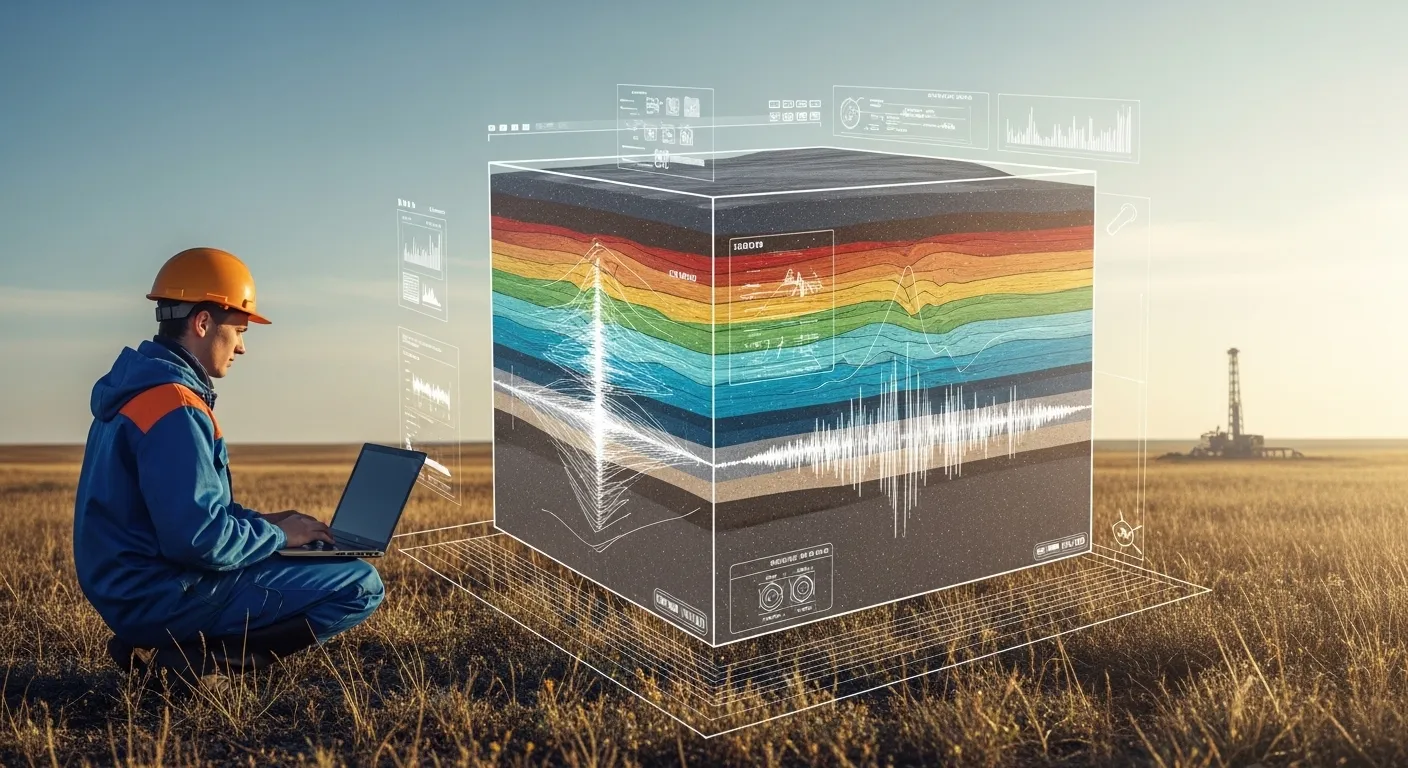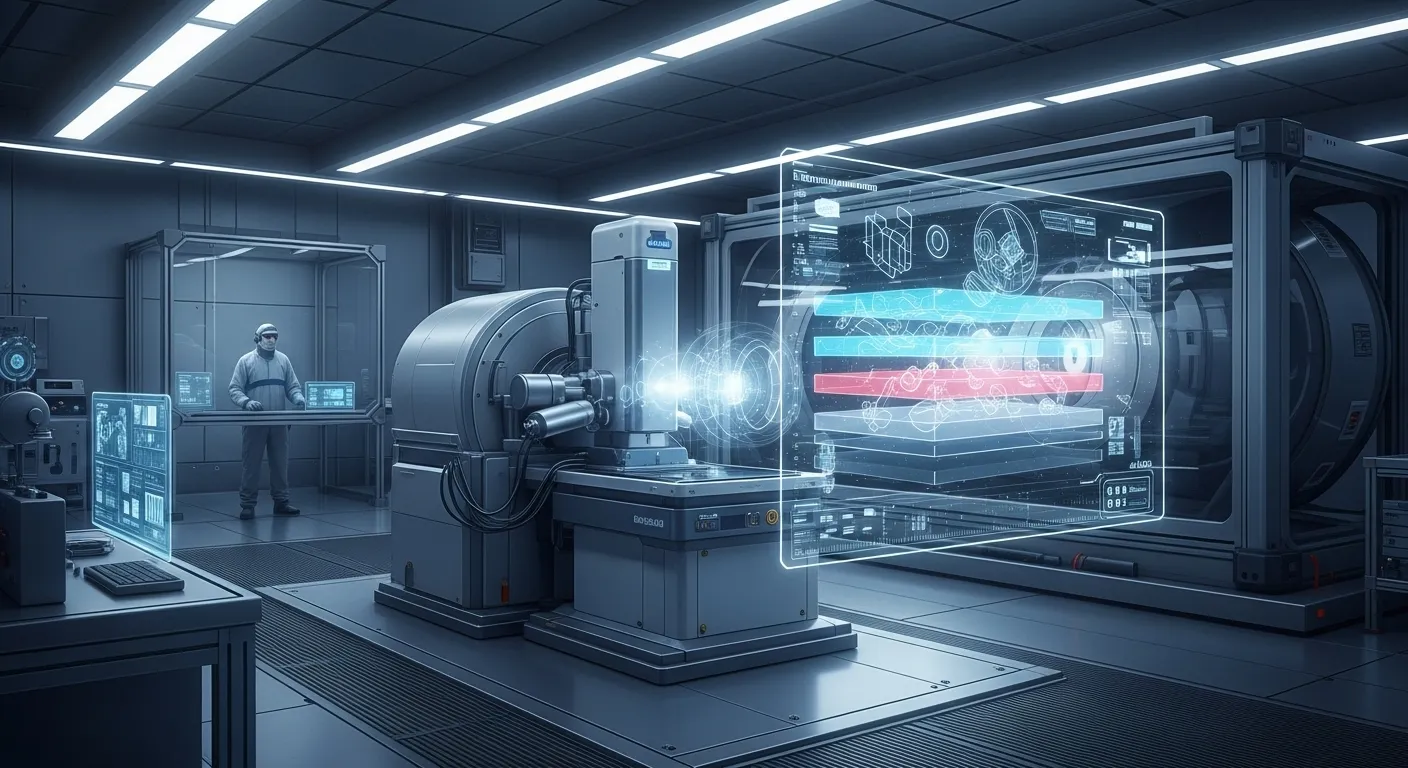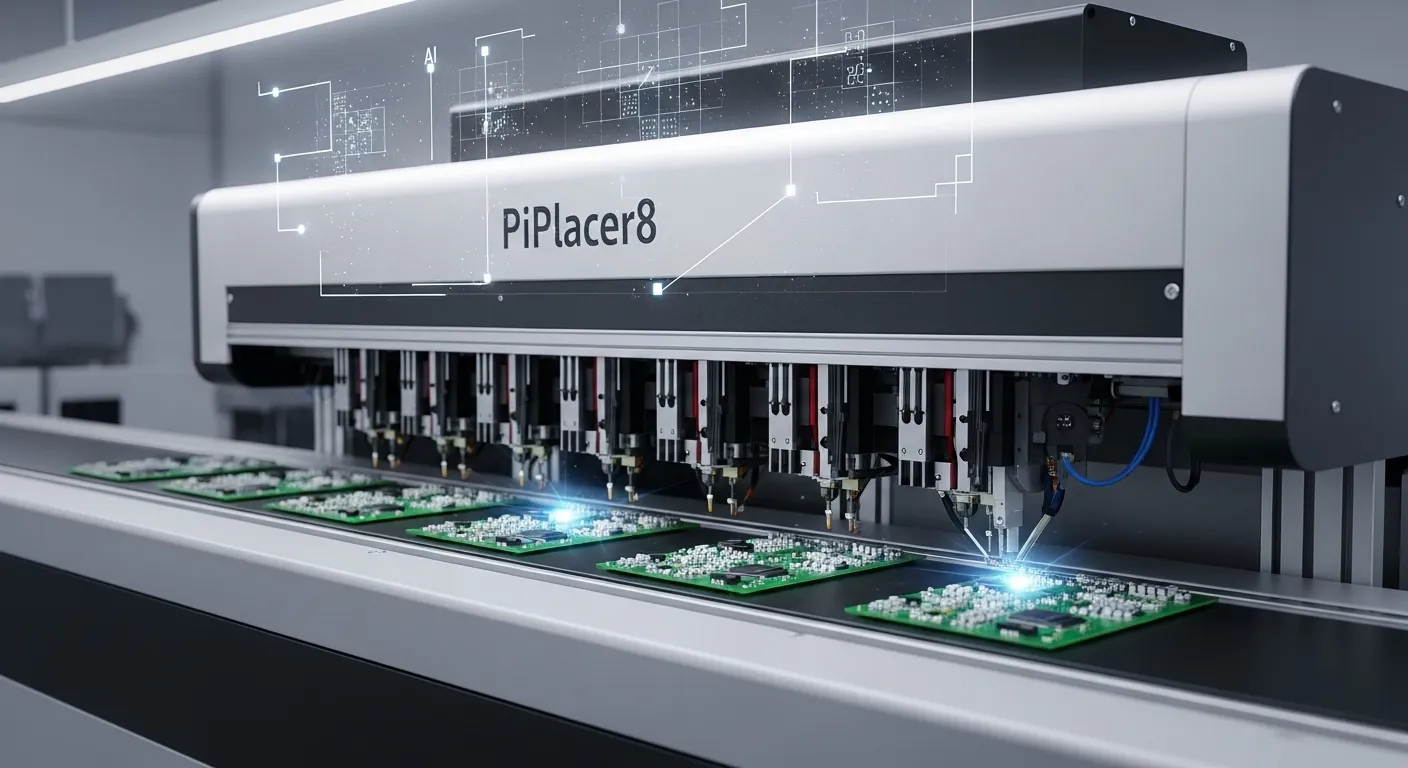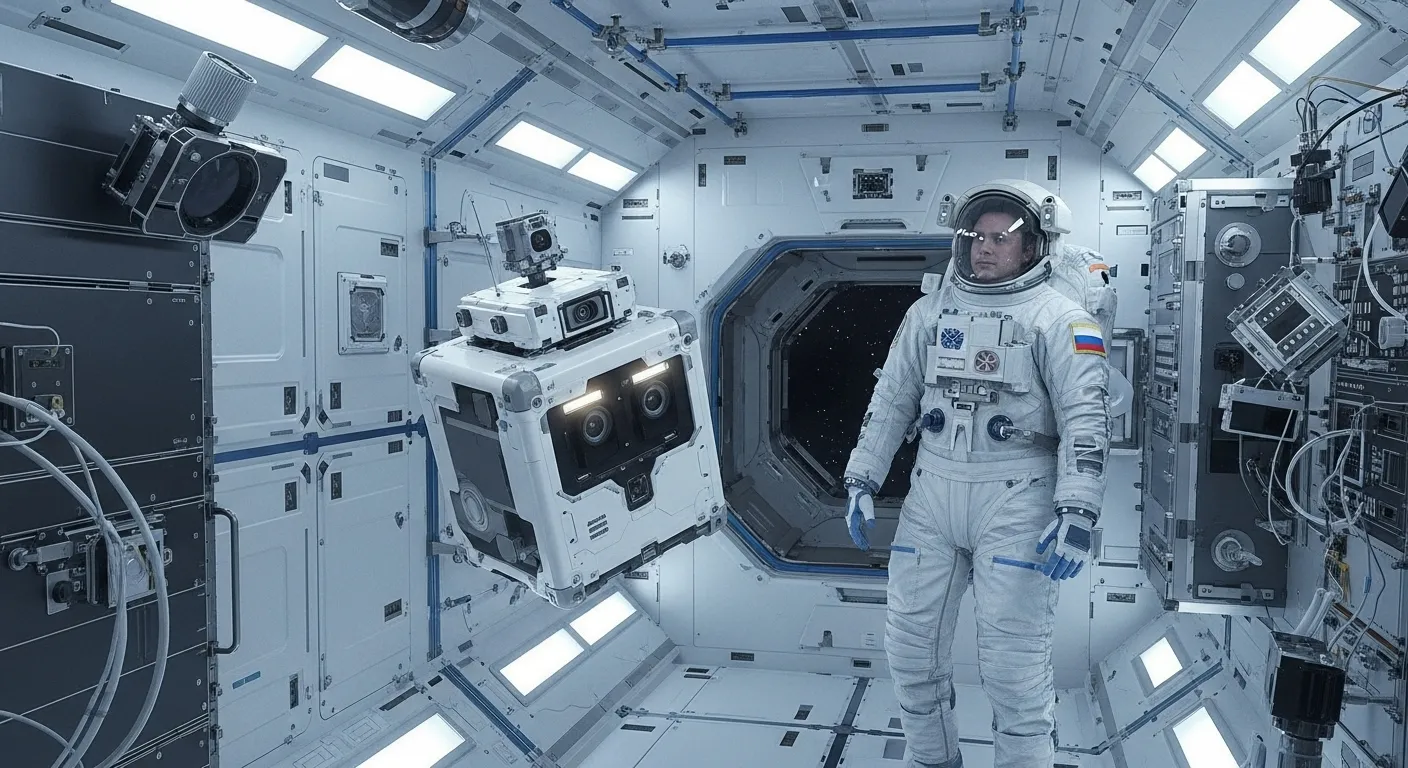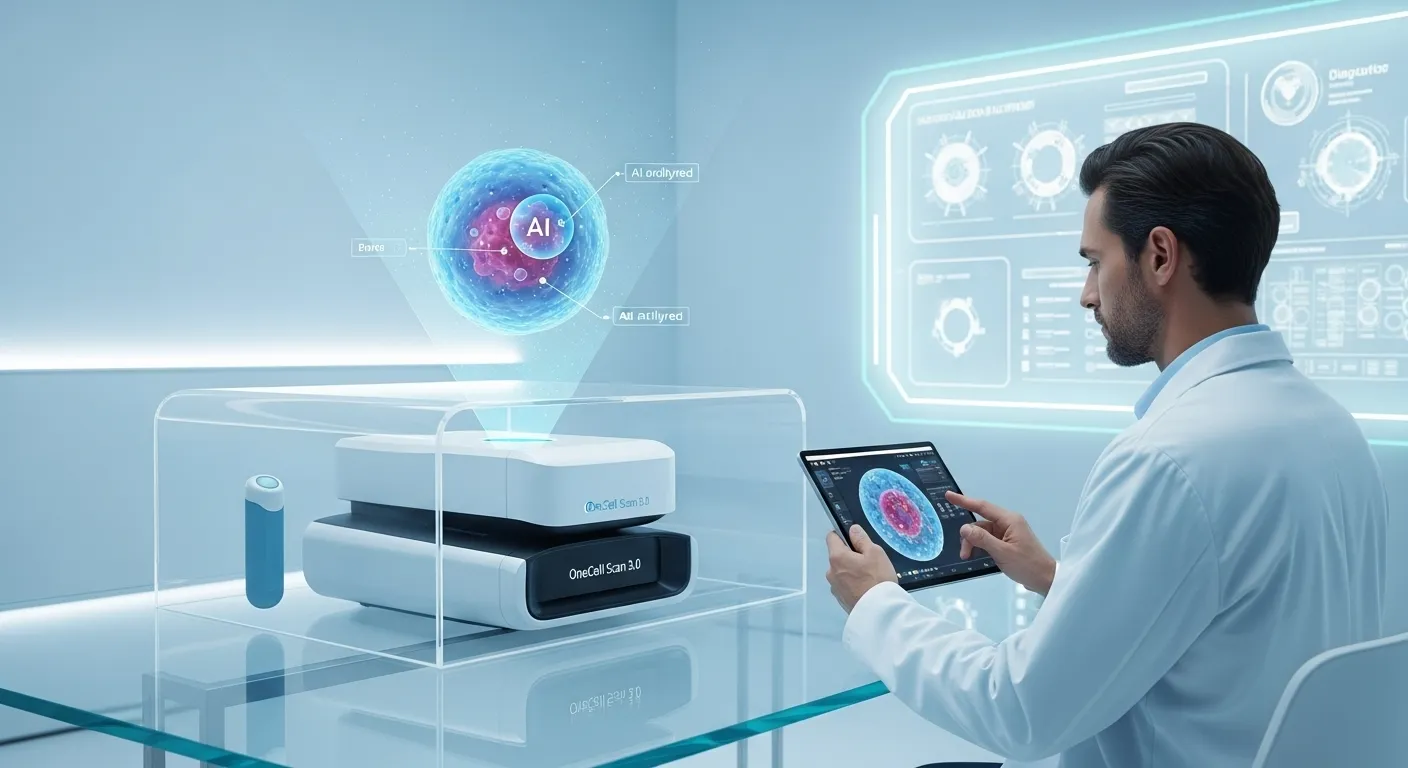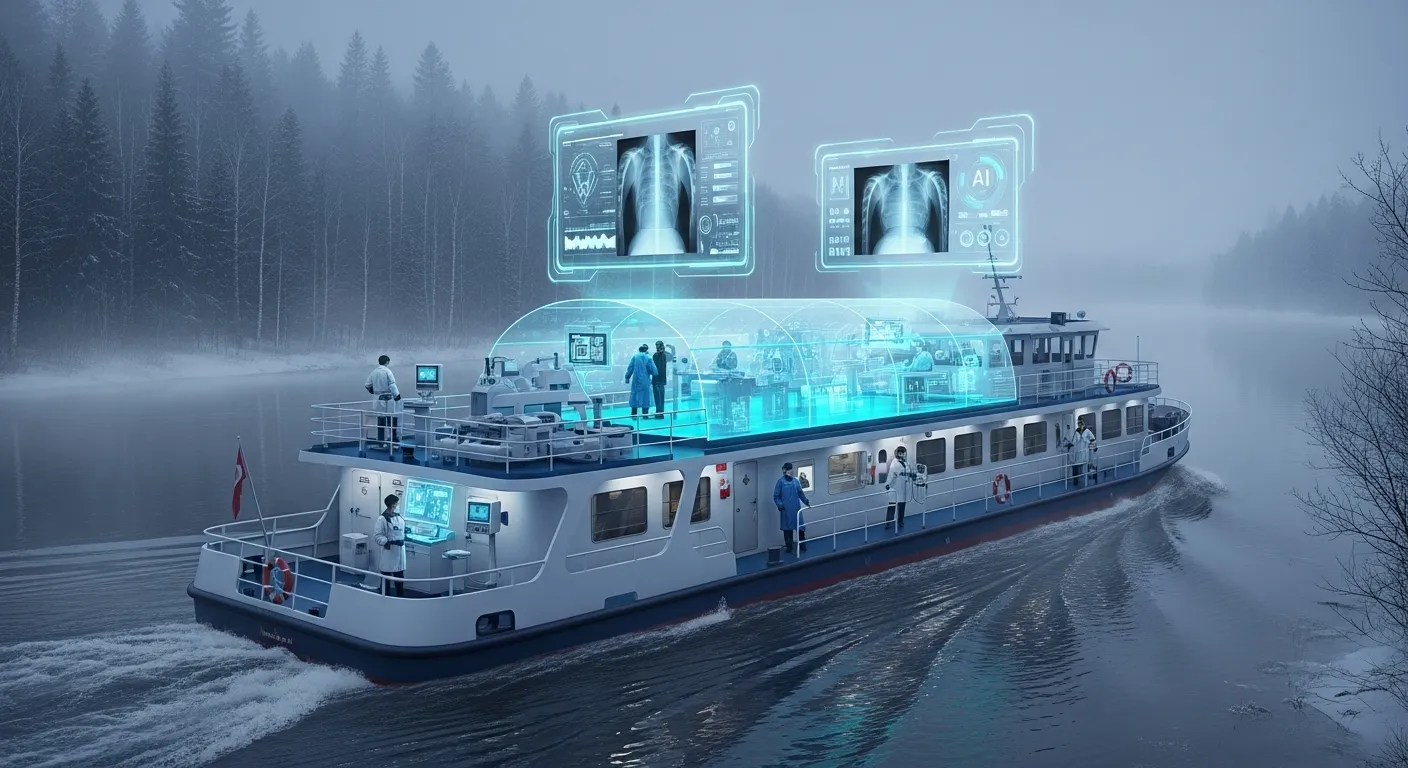Breakthrough in Novosibirsk: Russia’s First Contactless AI-Based Patient Monitoring System
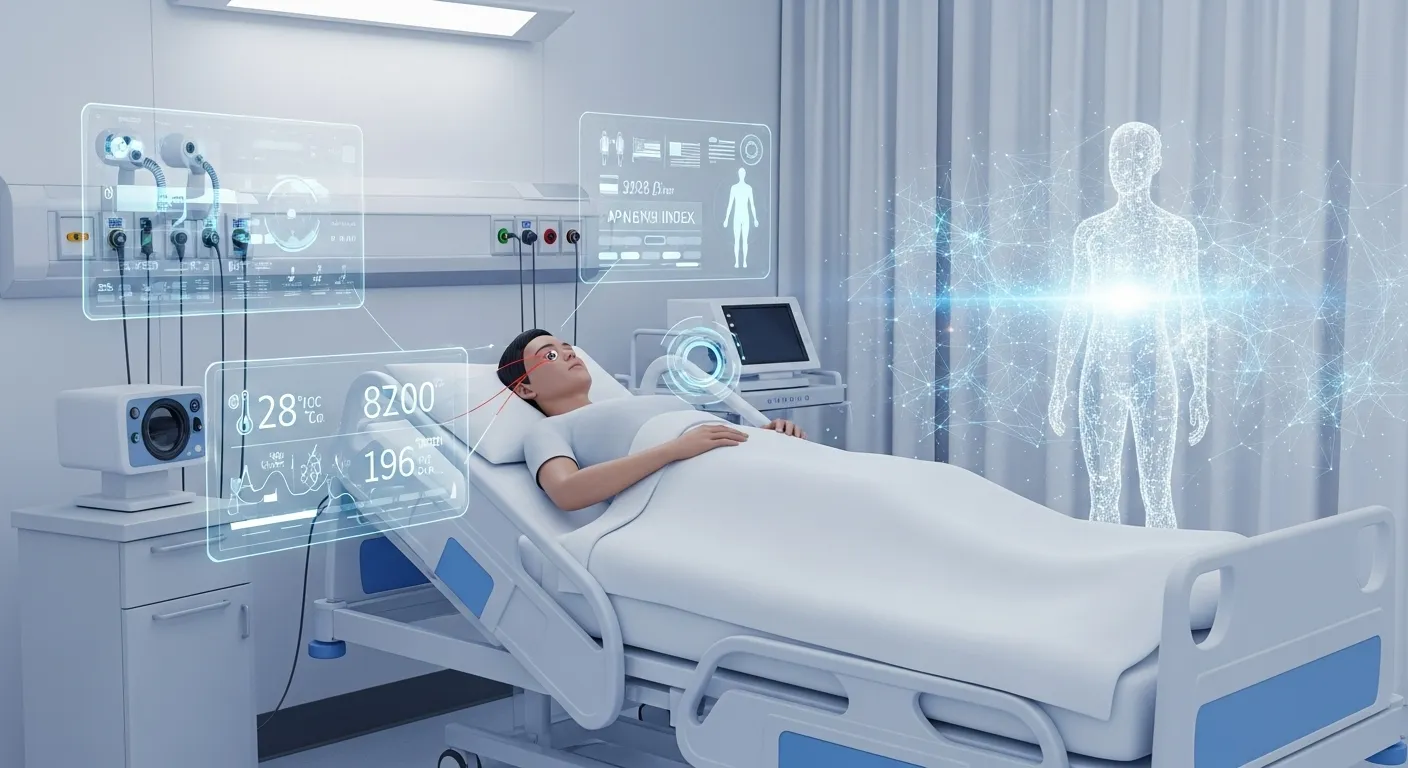
A newly developed, contactless patient monitoring system from Novosibirsk integrates thermal imaging, depth cameras, light and CO2 sensors, and AI analytics—setting a new benchmark for medtech innovation in Russia.
Unprecedented Functionality and Clinical Utility
The system enables real-time tracking of body temperature, pulse, breathing patterns, facial expressions, body posture, and eye movement. It also automatically calculates an apnea index—an essential metric for identifying sleep-related breathing disorders that can precede strokes or cardiovascular complications.

Currently undergoing clinical trials at the Central Clinical Hospital named after Pirogov in Moscow, this is the first solution of its kind on the Russian market. Its launch demonstrates a practical convergence of medicine, IT, and artificial intelligence.
For the medtech industry, this innovation showcases the maturity of real-time data processing and machine learning under stringent accuracy and reliability requirements. For Russia’s healthcare system, it means reduced burden on staff, enhanced patient safety, and better care quality. For patients, it brings earlier detection of life-threatening conditions like obstructive sleep apnea.
Scaling Potential and International Reach
The development team is eyeing two key growth avenues: national deployment and global expansion. Domestically, the system could be rolled out to ICUs, pulmonology centers, neonatal wards, and even military field hospitals. Its contactless nature makes it ideal for restricted-access settings or situations that require minimized infection risks.
Internationally, the system holds strong promise. Countries across Europe, the Middle East, and Asia are investing heavily in healthcare digitalization. With its compact design, autonomous operation, and multifunctional capabilities, the Novosibirsk solution is poised for adoption—especially if it secures CE and ISO certifications. Such validation would pave the way for participation in leading medical exhibitions and access to international markets.

From Patchwork Sensors to Fully Integrated Smart Rooms
To appreciate the scale of this innovation, it’s worth considering the trajectory of similar technologies in Russia. In 2022, a Russian startup introduced a wearable sensor-based AI system for blood pressure and ECG monitoring. A year earlier, Saint Petersburg launched the 'Smart Ward' project to track dementia patients using cameras and motion sensors. And in 2020, remote monitoring systems gained traction amid the COVID-19 pandemic.
Against this backdrop, the Novosibirsk platform represents a qualitative leap. It unites multiple technologies into a single solution and uses AI not just for data collection but for real-time analysis and predictive diagnostics. Comparable products like the U.S.-made ResMed ApneaLink or the Netherlands-based Philips IntelliVue either require direct physical contact or track fewer health parameters.
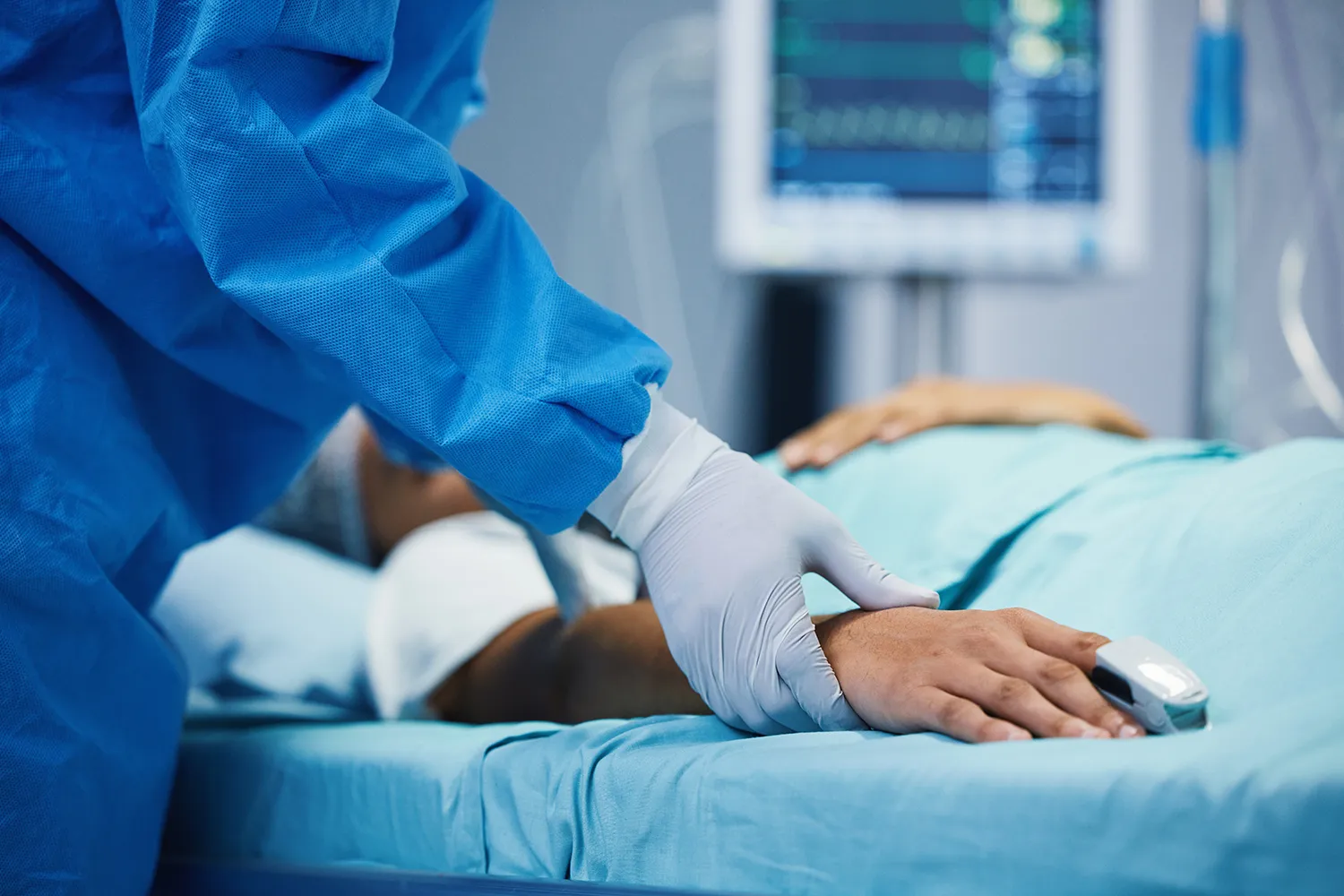
Roadmap: From Clinical Trials to Global Distribution
Next steps include completing pilot trials, initiating formal medical certification, and potentially introducing the system into national research institutes. In the medium term, developers aim to scale the platform for broad implementation across Russia, adapting protocols for various clinical settings.
Long-term plans target international markets, particularly in regions with developing healthcare infrastructure. This contactless monitoring platform isn’t just another medtech gadget—it’s a landmark innovation for Russia’s health technology sector. It aligns with global trends in remote monitoring, AI-powered clinical decision-making, and digital health transformation.
Crucially, it signals that Russia is not only keeping pace with global medtech trends but is helping shape them.



